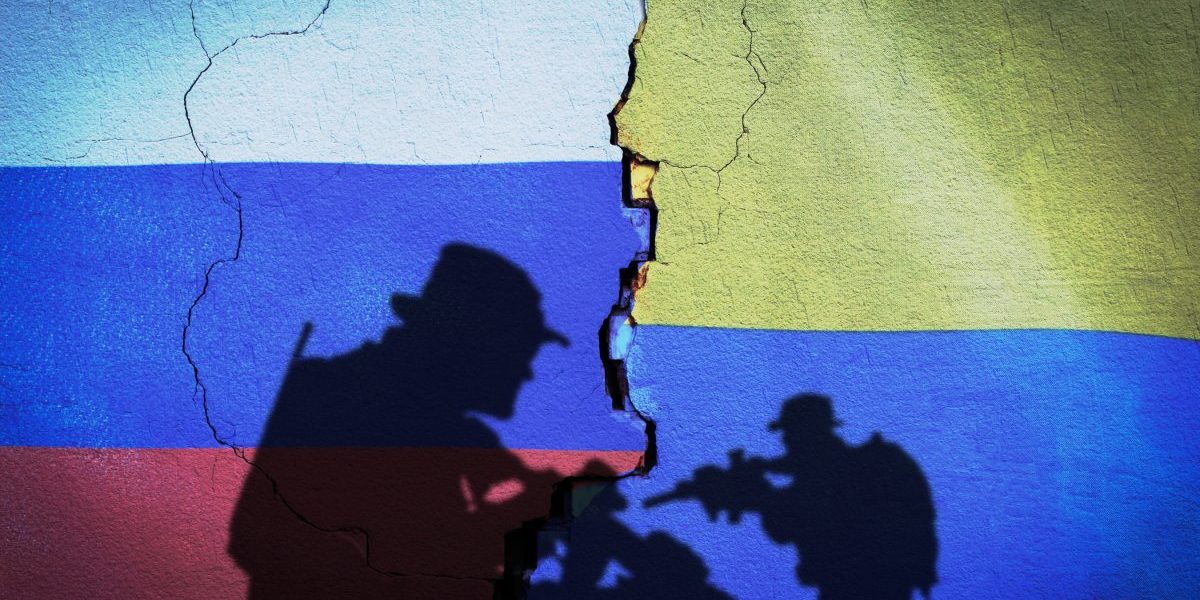2 June: 1pm – 2.30pm SAST “The Russian invasion of Ukraine: Disruptions of global food security and food exports to the African region.” By Dr.V Dankevych in conversation with J. Matola. Watch the recording.
7 June: 2pm – 3.30pm “The Implications of the Russian war in Ukraine for Global systems: The UN system and Development aid” by Priyal Singh and Vladyslav Rashkovan. Watch the recording.
26 July: 1pm – 2.30pm “The Future of Energy: Can the war support the transition towards fossil fuel alternatives?” prof Mark Swilling and Dr Olena Viter. Watch the recording.
On the 3rd of June it will be 100 days since Russia has invaded Ukraine. CST and SAIIA are launching a series of webinars focusing on the implications of the invasion for the African continent.
2 June (1pm – 2.30pm) “The Russian invasion of Ukraine: Disruptions of global food security and food exports to the African region.” By Dr V Dankevych in conversation with J. Matola (TBC)
In 2021, exports from Ukraine to African countries amounted to USD 2 327 million – 13% of total exports of agricultural products. The Russian invasion of Ukraine has disrupted the export and production of food products in Ukraine and Russia. Countries in the arid regions of North Africa import more than 90% of all food from Ukraine and Russia and will face the risks of famine and starvation. This webinar will explain the current situation with agribusiness and food exports in Ukraine and discuss the potential implication for the African continent.
Speaker: prof. Vitalii Dankevych, Doctor of Economics, Food security expert, Polissia National University, Ukraine
Prof Dankevych has worked as an advisor on land reform and food security for World Bank projects and the Ukraine Ministry of Agriculture in Ukraine. He is the author of more than 90 research papers, textbooks, and methodological recommendations on land relations, overconcentration of agribusiness and the development of a rural economy. Vitalii Dankevych holds degrees in accounting, auditing, and international management and received his PhD in Agriculture from Zhytomyr National Agroecological University in Ukraine in 2008.
7 June (2pm – 3.30pm): “Potential Implications of the Russian invasion of Ukraine on the Global governance and financial systems” by Priyal Singh, Institute of Security Studies (ISS) and Vladyslav Rashkovan, International Monetary Fund, Alternate Executive Director for Ukraine
The prospects of a third world war, the potential use of nuclear weapons, the humanitarian crisis, and the unprecedented sanctions introduced by different governments raise significant challenges and opportunities to transform global governance and financial systems.
Serious questions have been raised about the efficiency of the UN system in maintaining peace and about new ways to counterbalance the global powers. In the past, African countries have called for reform of the UN system and the need to decolonise it. However, currently, there seem to be no strong voices arguing for the decolonisation of the UN system.
This webinar will look at the current responses of African countries to the crises of the UN system and how global financial sustainability is affected.
26 July (1pm – 2.30pm): “The Future of Energy: Can the war support the transition towards fossil fuel alternatives?” prof Mark Swilling, Director of CST, SU and Dr Olena Pavlenko, Deputy Head of the Extractive Industries Transparency Initiative (EITI)
The Russian invasion of Ukraine has highlighted the vulnerability of national security in energy-dependent countries. Moreover, the EU’s dependency on Russian fossil fuels raises the need to focus on energy alternatives. In March 2022, the EU paid USD 24 billion to Russia for gas, crude oil and coal. Many African countries are looking for energy independence and just transitions.
This webinar will focus on the Russian energy system and the debate about the energy crisis and transition in South Africa. It aims to highlight the challenging connection between national security and energy dependency and how the debate around the prospects of just transitions is affected by the Russian invasion of Ukraine.


